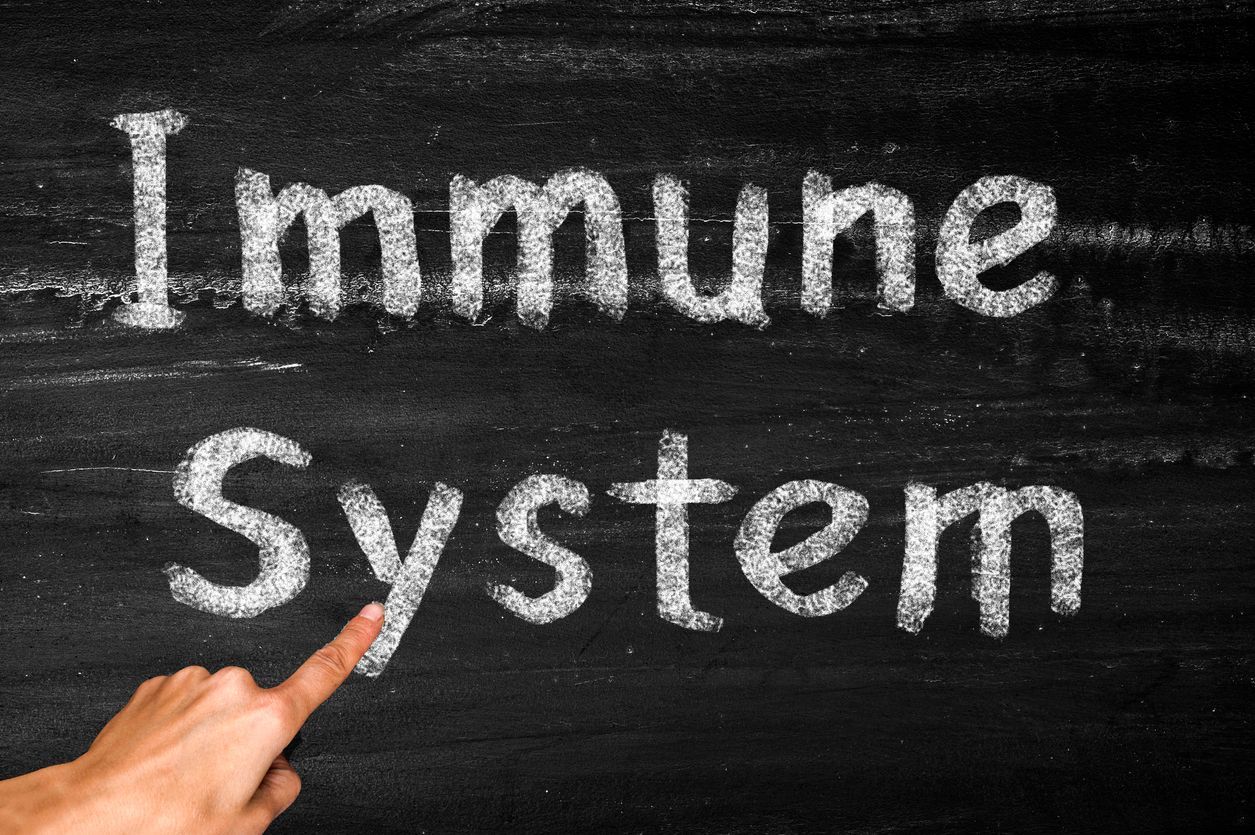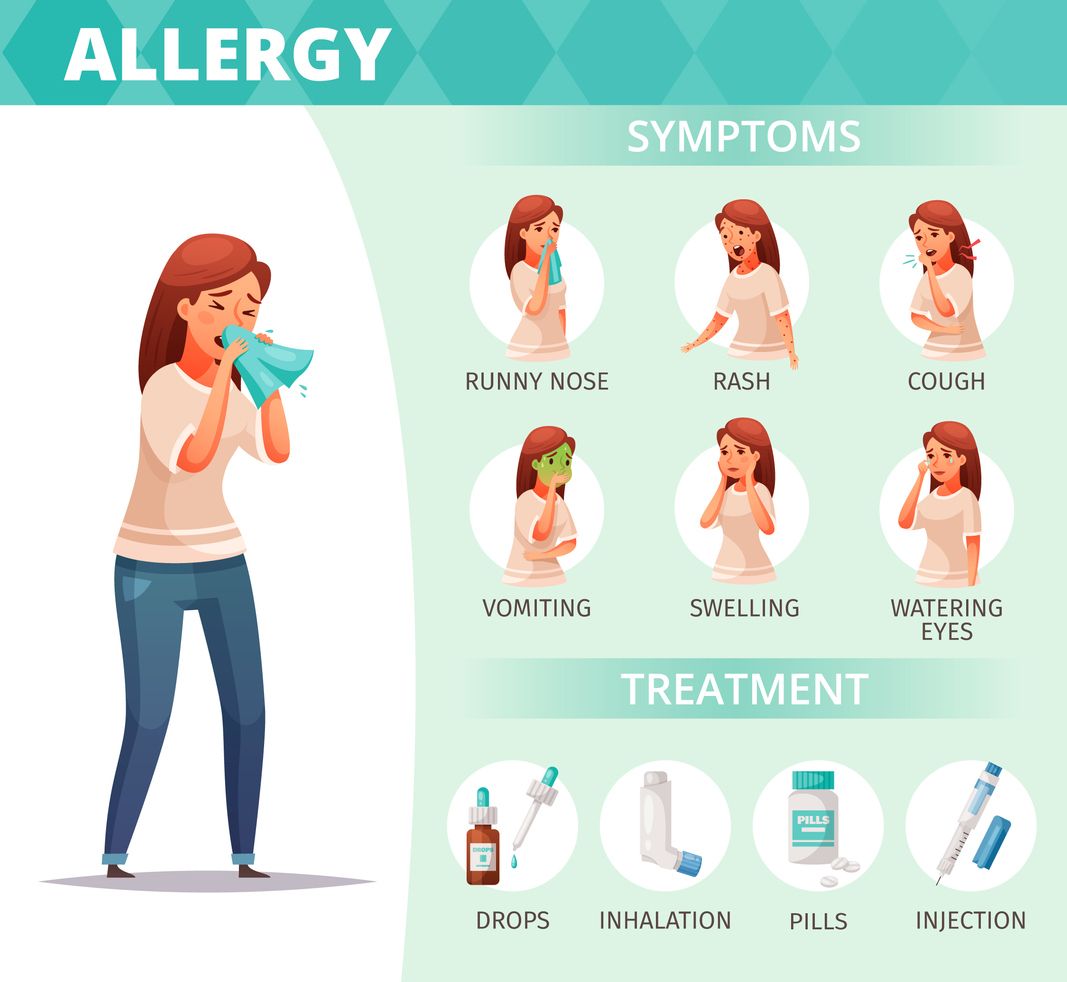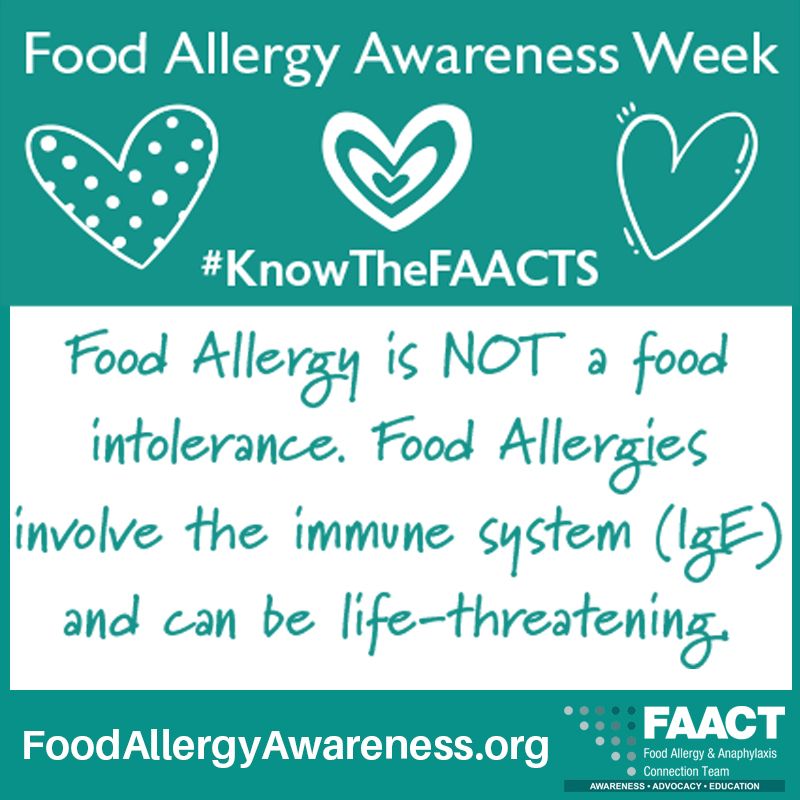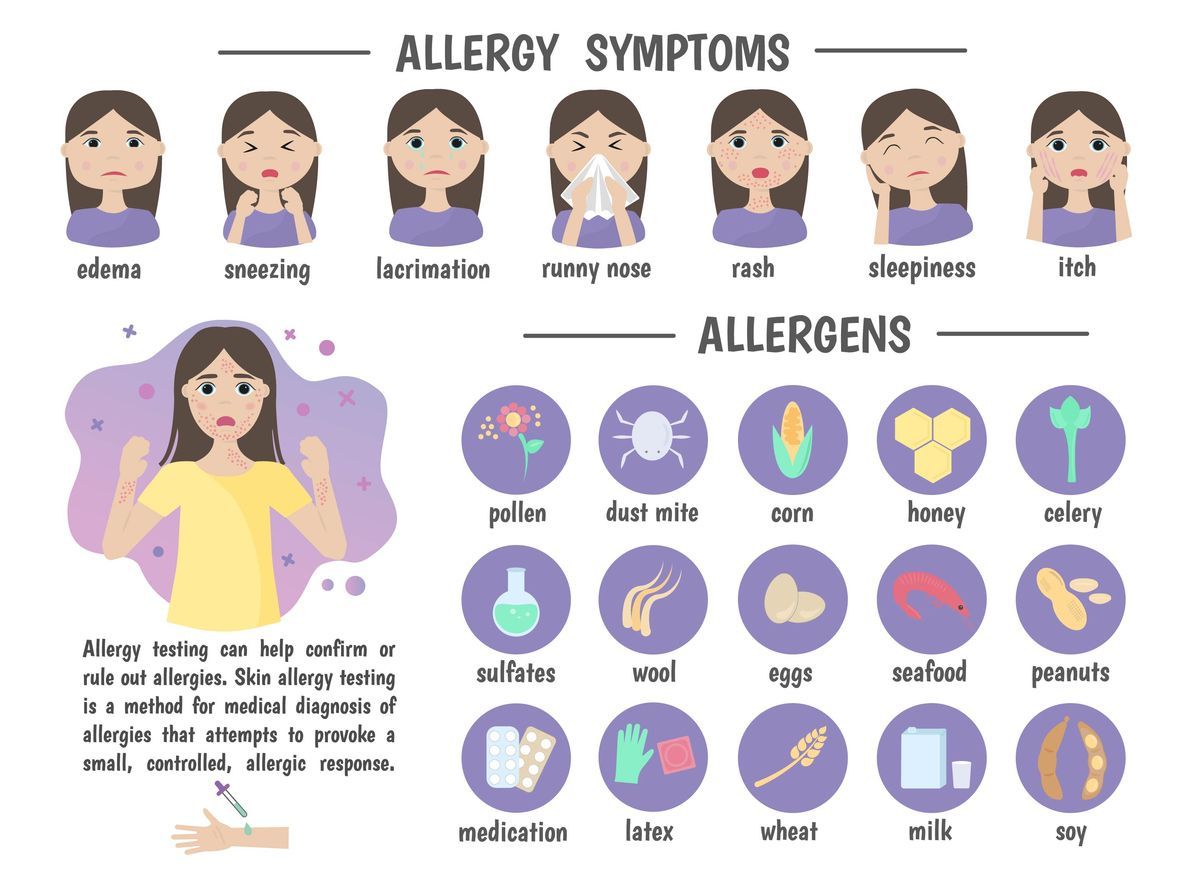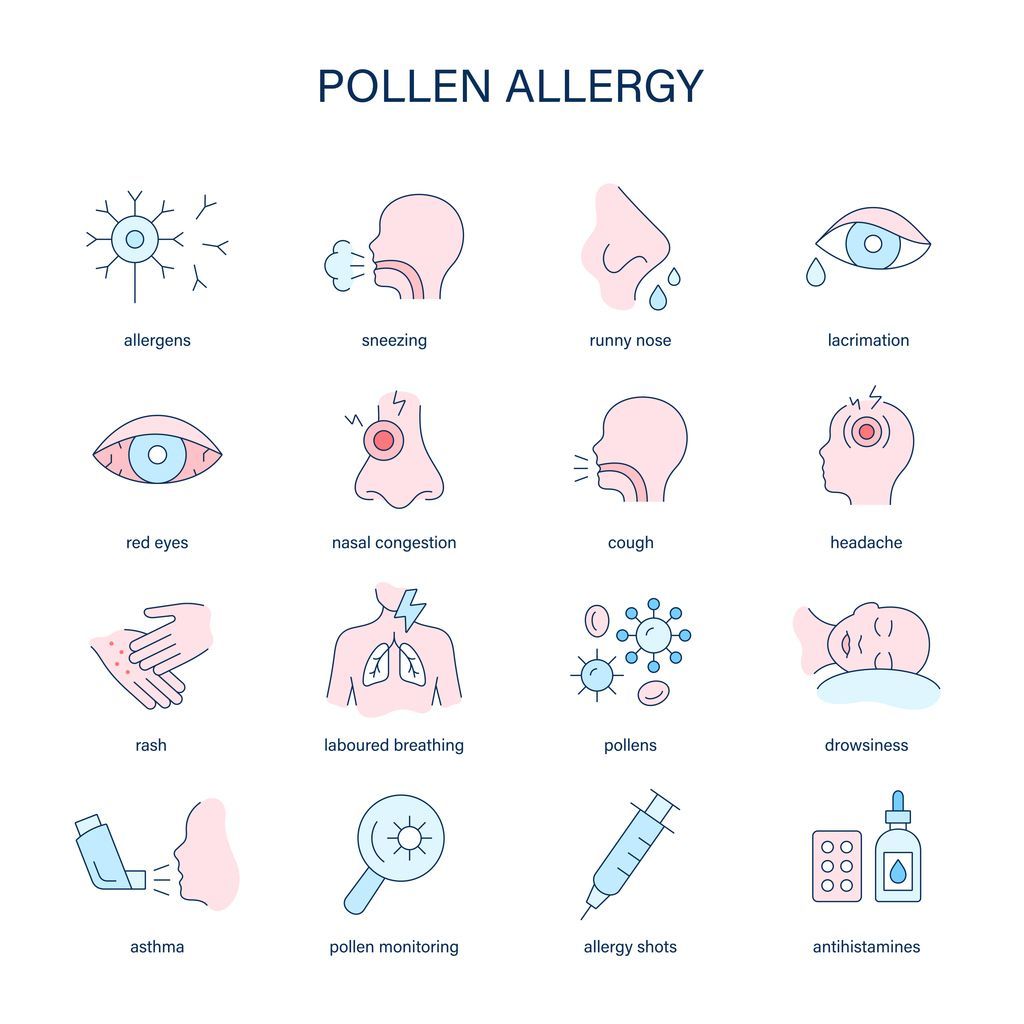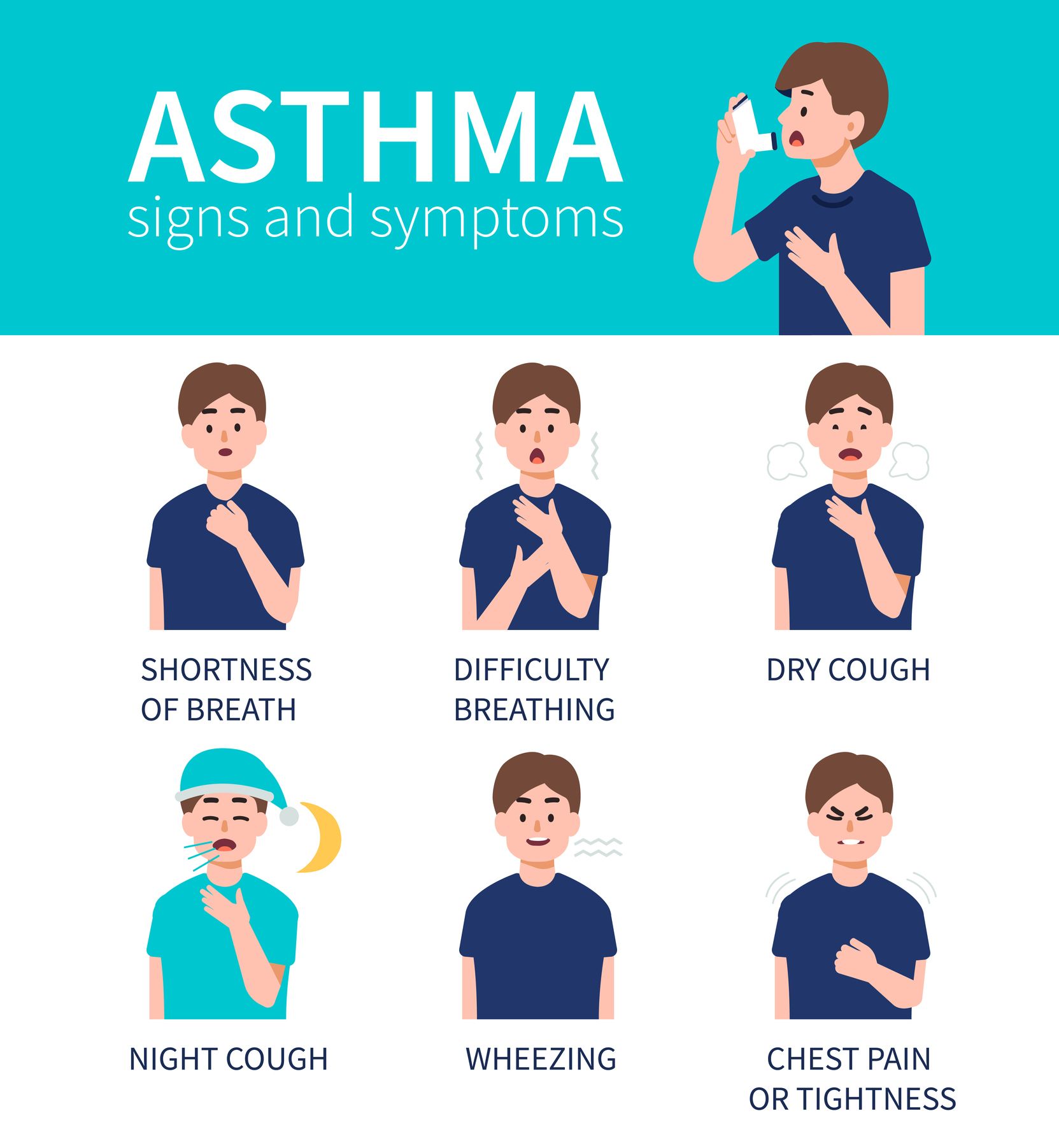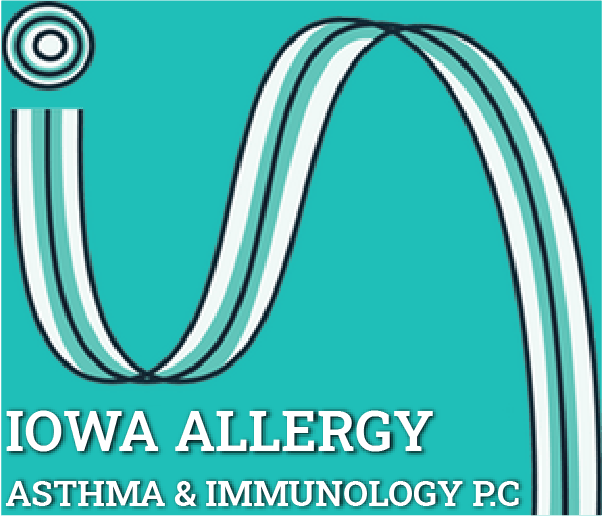The Rise of Food Allergies: Causes and Solutions
Food allergies have become a growing concern worldwide, with an increasing number of individuals, especially children, affected by them. Understanding the causes behind this rise and finding effective solutions is crucial for managing this public health issue. In this blog post, we will explore the factors contributing to the increase in food allergies and discuss how Iowa Allergy can help you manage and treat these conditions.
Understanding Food Allergies
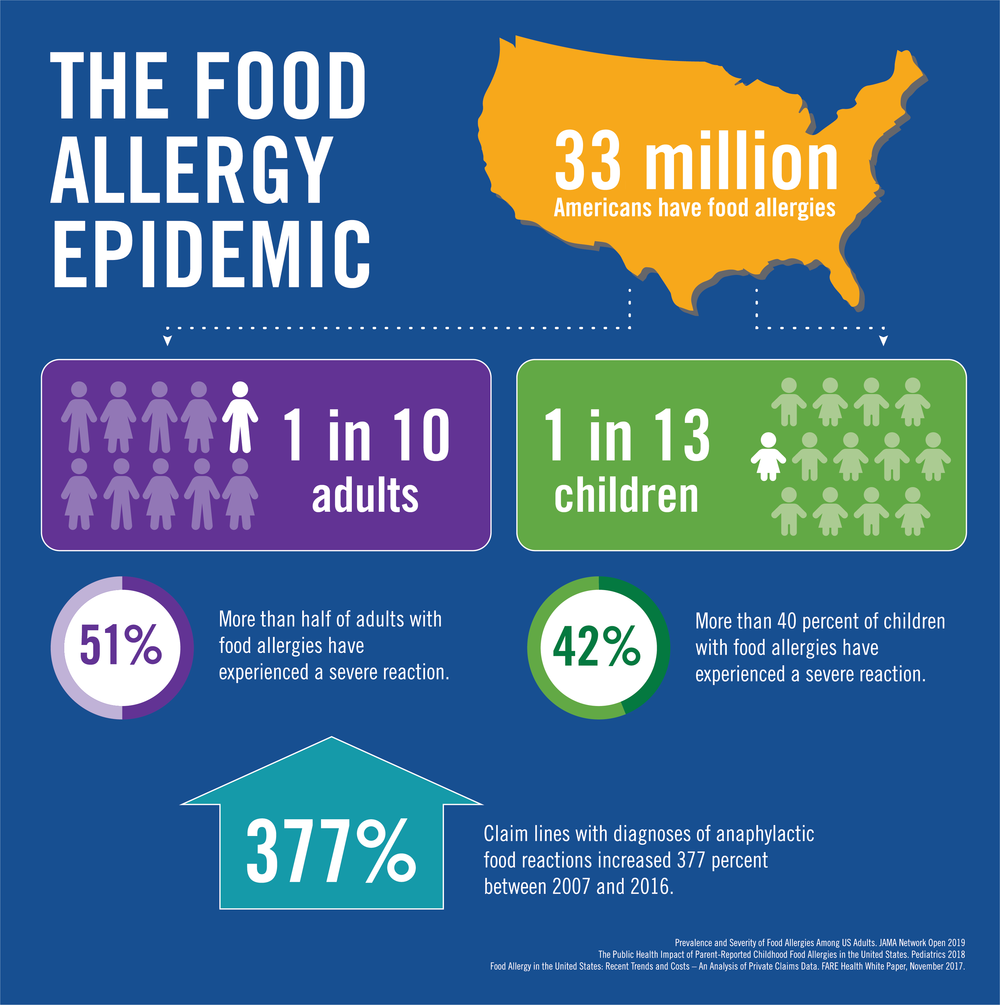
Food allrgies occur when the immune system mistakenly identifies a harmless food protein as a threat and mounts an immune response. This can lead to a range of symptoms, from mild hives and itching to severe anaphylaxis, which can be life-threatening. Common food allergens include peanuts, tree nuts, milk, eggs, soy, wheat, fish, and shellfish.
Causes of the Rise in Food Allergies
1. Genetic Factors:
- Family history and genetics play a significant role in the development of food allergies. If one or both parents have allergies, their children are more likely to develop them.
2. Environmental Factors:
- Hygiene Hypothesis: The theory suggests that cleaner environments, reduced exposure to infections, and the widespread use of antibiotics may limit the immune system’s ability to develop properly, leading to an increased risk of allergies.
- Pollution and Urbanization: Increased exposure to pollutants and urban living conditions may contribute to the rise in food allergies.
3. Diet and Nutrition:
- Western Diet: Diets high in processed foods and low in fresh fruits and vegetables can negatively impact gut health and immune function.
- Early Introduction of Allergens: Introducing allergenic foods to infants at an early age can reduce the risk of developing food allergies.
4. Gut Microbiota:
Emerging research suggests that the gut microbiome plays a critical role in immune system development. Disruptions in gut bacteria due to diet, antibiotics, or other factors may increase allergy risk.
Managing Food Allergies
Managing food allergies involves a combination of avoidance, emergency preparedness, and ongoing care.
1. Avoidance:
- Reading Food Labels: Learning to read food labels and understanding cross-contamination is essential for avoiding allergens.
- Dining Out and Traveling: Taking precautions when eating out or traveling, such as informing restaurant staff about allergies and carrying safe snacks, is crucial.
2. Emergency Preparedness:
- Recognizing Anaphylaxis: Being able to recognize the signs of anaphylaxis and knowing how to respond is vital.
- Carrying Epinephrine: Always carrying an epinephrine auto-injector and knowing how to use it can save lives during a severe allergic reaction.
3. Allergy Action Plans:
- Personalized Plans: Working with an allergist to create a personalized allergy action plan can help you manage your condition effectively.
Solutions and Future Directions
1. Immunotherapy:
- Oral Immunotherapy (OIT): OIT involves gradually increasing doses of the allergen to build tolerance. While promising, it carries risks and requires close medical supervision.
- Sublingual and Epicutaneous Immunotherapy: These emerging treatments show potential in managing food allergies with fewer risks compared to OIT.
2. Research and Innovations:
- Ongoing research is exploring new treatments and strategies for preventing and managing food allergies. Staying informed about the latest developments can help you make informed decisions about your care.
3. Public Health Initiatives:
- Efforts to raise awareness, improve food labeling, and advocate for allergy-friendly policies in schools and public places are crucial for supporting individuals with food allergies.
How Iowa Allergy Can Help
At Iowa Allergy, we are committed to providing comprehensive care for individuals with food allergies. Our experienced team of allergists offers:
- Accurate Diagnosis: Using advanced diagnostic methods to identify food allergies accurately.
- Personalized Treatment Plans: Developing tailored treatment plans to manage your specific allergies effectively.
- Immunotherapy Options: Offering the latest in immunotherapy treatments to help build tolerance to allergens.
- Education and Support: Providing education on managing food allergies, emergency preparedness, and creating personalized allergy action plans.
Don't let food allergies control your life. Take the first step towards better management and a higher quality of life by scheduling an appointment with Iowa Allergy today. Our team is here to support you every step of the way.
Schedule Your Appointment Now
Ready to take control of your food allergies? Click Here! to schedule your appointment with Iowa Allergy or call us at 515-410-9400. Our expert team is ready to help you achieve better health and peace of mind.
By understanding the causes behind the rise in food allergies and exploring effective solutions, you can manage your condition more effectively. Let Iowa Allergy be your partner in this journey towards better health.


